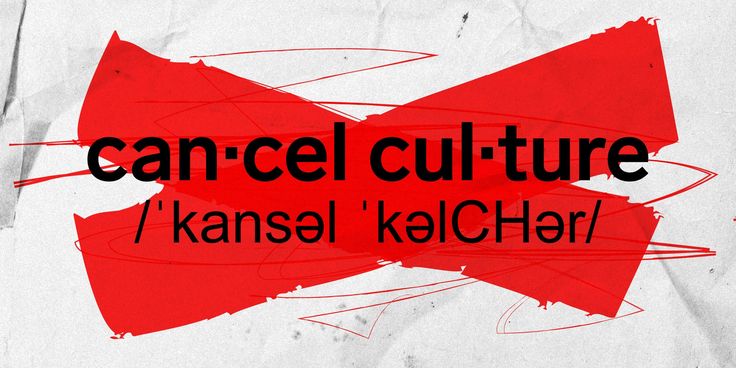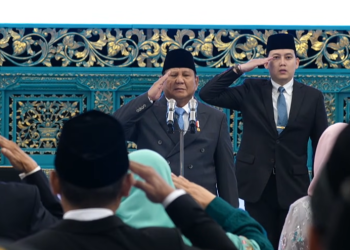Jakarta, Indonesia Sentinel — With the widespread use of social media, cancel culture has emerged as a rapidly growing social phenomenon. Once mostly confined to the entertainment industry, this practice can now affect anyone in the digital space.
At its core, cancel culture refers to the act of publicly boycotting, punishing, or “canceling” an individual or group for actions deemed unacceptable. This often manifests on social media platforms like X (formerly Twitter), where petitions or mass calls for accountability can effectively end a person’s career or influence.
The concept of cancel culture is an evolution of historical boycotts. First emerging in 2016, the term cancel culture describes the act of withdrawing support for individuals, organizations, or companies due to opinions or actions deemed unacceptable by the public. This “canceling” is often a coordinated effort to silence or undermine the beliefs, work, or influence of the targeted party.
Celebrities, as well as social and political figures, are frequently at the center of cancel campaigns. One high-profile example is actor and comedian Bill Cosby, who was convicted in 2018 of drugging and sexually assaulting a woman and accused of similar offenses by more than 50 women. However, cancel culture is not limited to public figures—ordinary individuals can also find themselves targeted.
Getting Canceled
There are several common reasons why individuals become targets of cancel culture. These include involvement in scandals, controversial statements, works that clash with cultural values, or actions perceived as harmful to a nation or community.
The consequences of being canceled can be severe. Individuals may lose their jobs, face widespread social rejection, endure mental health struggles, and in extreme cases, suffer from severe depression or even suicide.
On a societal level, this phenomenon has sparked greater awareness of social issues. However, it has also raised concerns about the suppression of free speech, as public outrage can sometimes lead to the silencing of differing opinions.
Pros an Cons
Like any social phenomenon, cancel culture has both positive and negative impacts. On the positive side, it can serve as a mechanism for holding individuals accountable for their actions and addressing social injustices.
Supporters argue that this culture amplifies the voices of marginalized communities, framing it as a modern version of boycotting, a historically significant tactic used during the civil rights movement to push for social change.
However, critics argue that cancel culture often morphs into digital persecution or cyberbullying. Instead of fostering meaningful discussions, it frequently devolves into online vigilantism, which can have serious psychological consequences for those targeted.
Read Also:
The ‘Anti Influencer’ Travel Trend Rises, as Tourists Avoid Destinations Popular on Social Media
According to Britannica, a 2020 study found that 39% of cyberbullying victims and 29% of perpetrators exhibited symptoms of post-traumatic stress disorder (PTSD), highlighting the psychological toll of digital backlash.
Mental health experts warn that cancel culture can lead to extreme social isolation and loneliness, conditions linked to heightened anxiety, depression, and even suicidal tendencies. Rather than creating dialogue for understanding and growth, cancel culture tends to shut down all communication, leaving no room for individuals to learn from their mistakes.
Despite its potential role in enforcing social accountability, cancel culture remains a deeply divisive issue. While it can be a tool for justice, it also has the power to escalate into excessive public shaming, raising ethical concerns about its long-term effects on individuals and society.
(Raidi/Agung)
























